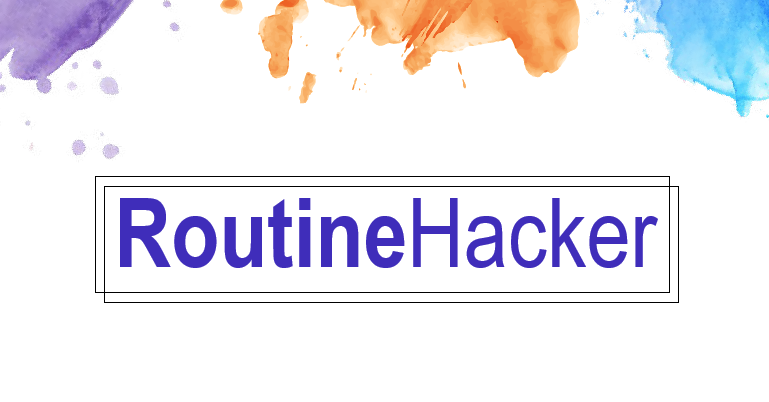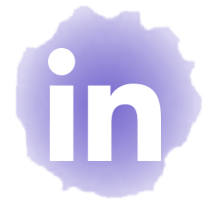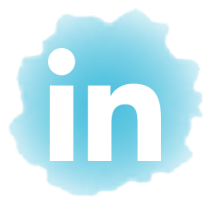“Adopting the right attitude can convert a negative stress into a positive one.”
– Hans Selye, influential endocrinologist known for his research on the effects of stress.

Wellness Tip:
Turn Negative Stress Into Positive Stress
Did you know that short-term stress can boost your immune system, make you more social, and improve learning? Yep—not all stress is bad!
Research shows that people who think of stress as an energizing force live longer than those who see it as negative. So, the key is to learn how to reframe your thinking about stress.
Here’s an exercise you can do at home to start training your brain to think of stress as something positive. (Do note that you should seek help if your stress is chronic.)
Ready to make friends with stress? Give it a try.
Productivity Tip:
Avoid Information Overload
Brain exhausted by all the stimuli and data to process? Welcome to information overload. Information overload can lead to mental fatigue and cognitive issues “such as difficulty making decisions or making hasty (often bad) decisions,” says Psychology Today.
To overcome information overload, try to:
- Check the news only at scheduled times.
- Search the internet with a clear goal to avoid going down random rabbit holes.
- Turn off news and social media push notifications.
- Create a file for recording information your brain doesn’t need to store.
- Choose where you expend your mental energy. Set your priorities for the day so you know what to focus on.
Got any tactics of your own? Let us know how you deal with information overload.
Routine Breakdown
Bernie Schott, CEO of REECH

Does Bernie Schott, CEO of the innovative biodegradable yoga mat company REECH, start his day with yoga? You bet. Here’s his routine:
- Yoga (30-45 min): “I alternate between power yoga and yoga that focuses on deep stretching as they help with my current goals (maintain weight + improve flexibility). Yoga gets the blood flowing and provides my physical self with energy.”
- Reading (45-60 min): “Usually something business, leadership, finance, or self-improvement related. This activity directly ties into my “always be learning” philosophy. It awakens my mind and gets my mental self ready for the day.”
- Journaling (10-15 min): “I write stream of consciousness for one page in my notebook. I find this exercise helps me clear my mind.”
- No food until noon: “I find that intermittent fasting helps me feel energized.”
- No electronics until after journaling: “This includes email, social media, televisions, etc. I find all of these to be a distraction and when consumed early in the morning to have a heavy influence on my mental frame for the day.”
Why it works:
- Bernie’s routine balances mental and physical aspects. Yoga has bucketloads of research-backed benefits. Reading strengthens your brain. And stream of consciousness writing can help you sort through thoughts and emotions.
On top of that, avoiding devices first thing is a good choice, as they prime your brain for distraction. Have you tried staying offline in the mornings? How did you find it?












